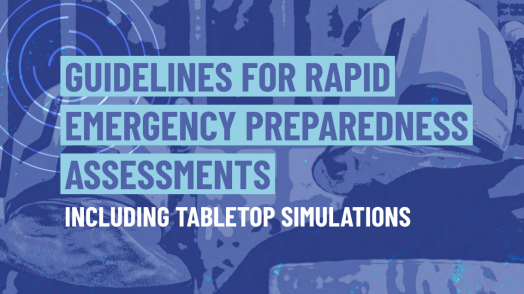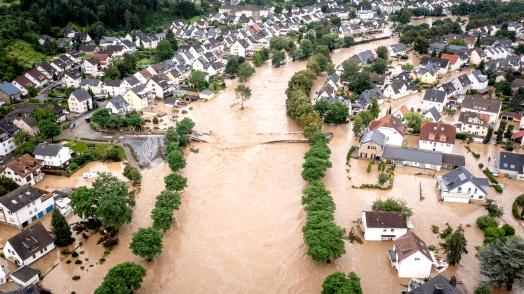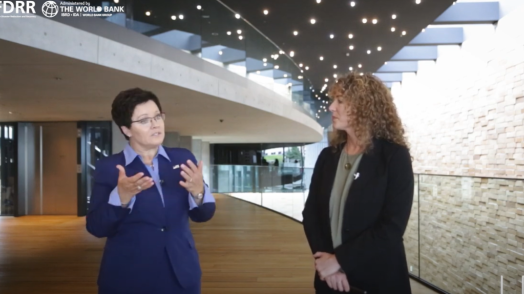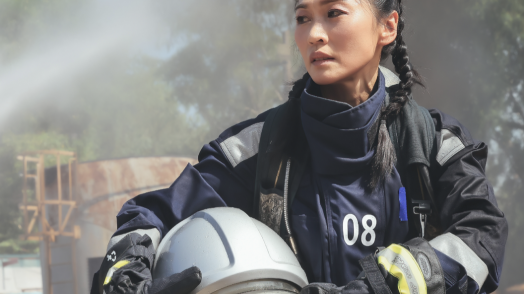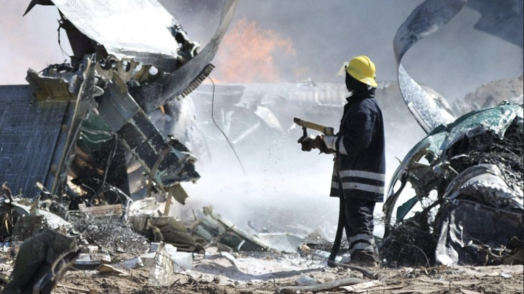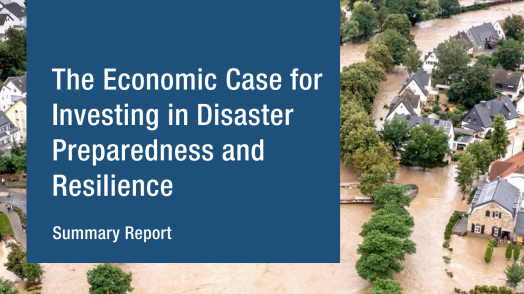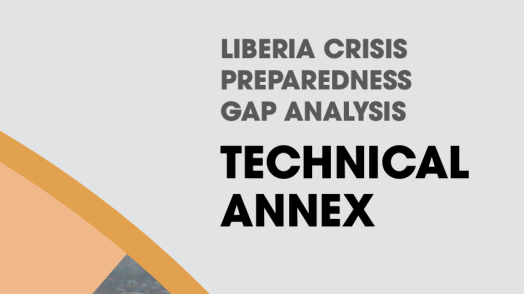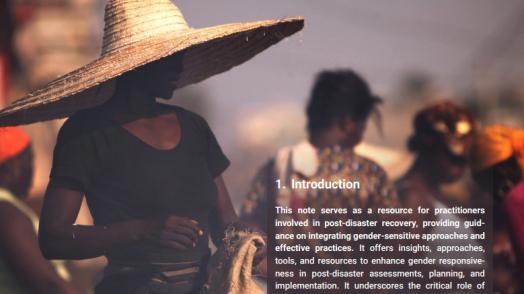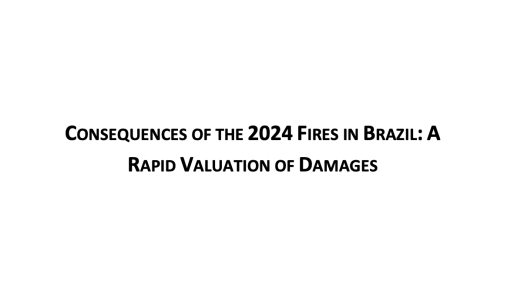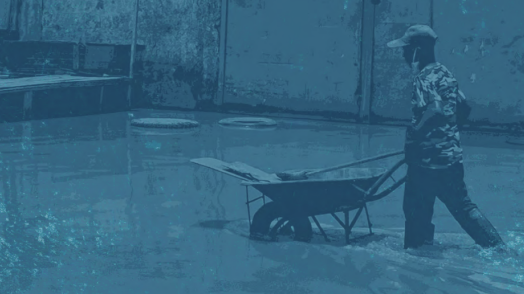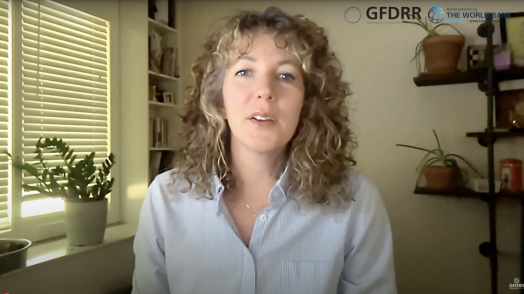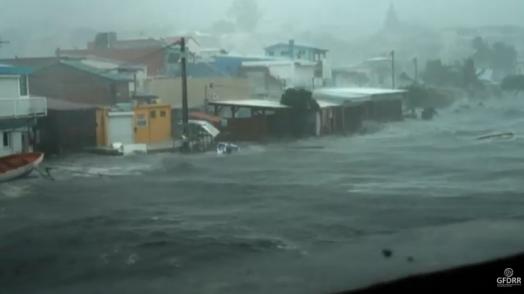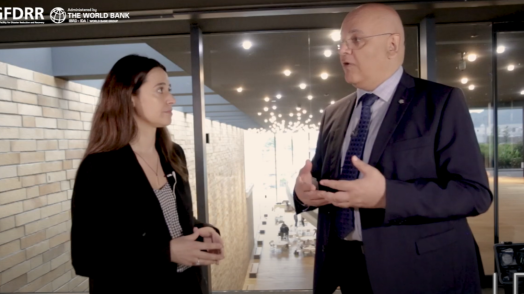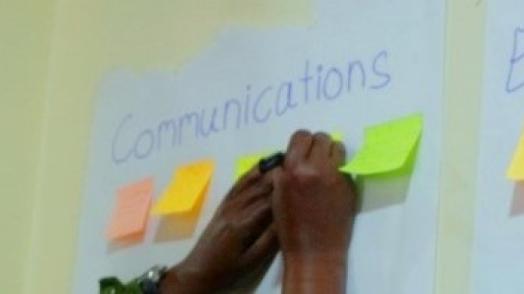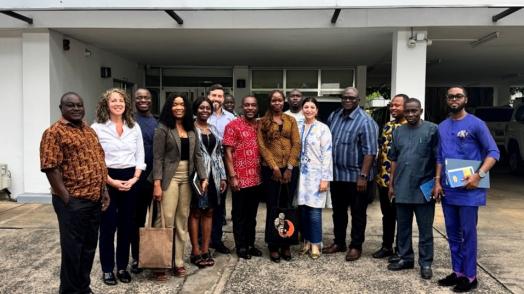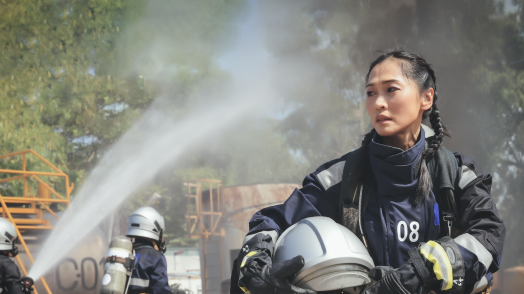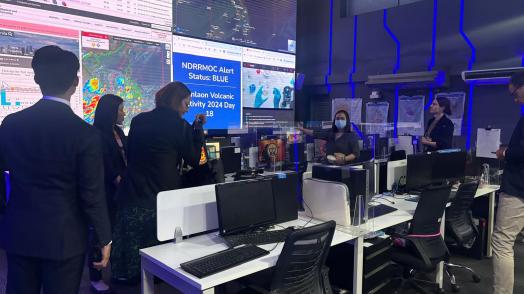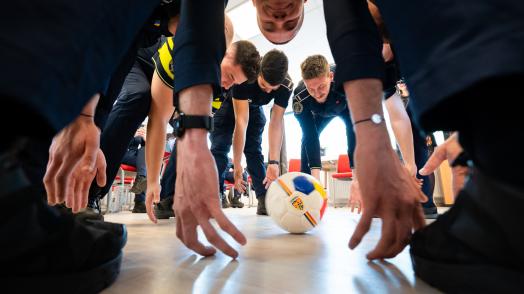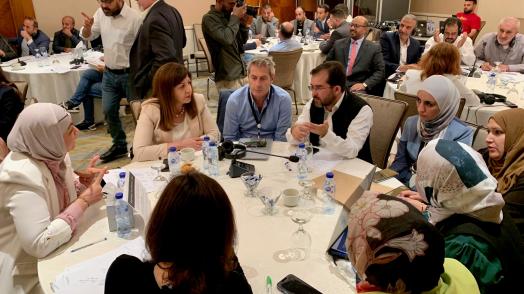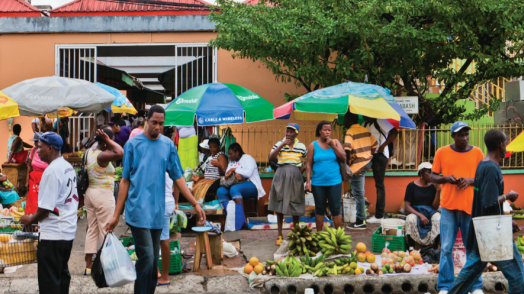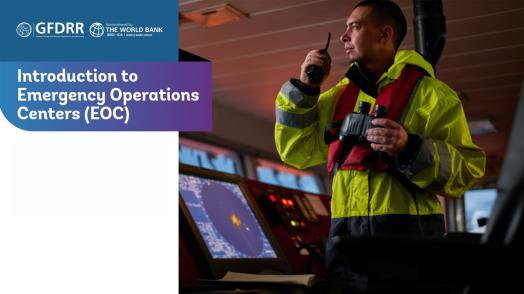Countries across the globe are confronting complex, multi-dimensional crises, climate impacts and other natural hazards. GFDRR supports governments to strengthen their Emergency Preparedness and Response (EP&R) policies, institutions, facilities, equipment and information systems. It also offers a centralized repository of good practices for operational support and technical assistance in all aspects related to EP&R.
Hover and click on the circles to show information about the Emergency Preparedness and Response for each country
Highlights
About the Program
Increasing demand to assist countries in enhancing and refining Emergency Preparedness and Response (EP&R) systems globally has led to GFDRR expanding its offering to provide comprehensive technical support for crisis preparedness to countries and World Bank teams globally. It does so by offering global innovative products and solutions to strengthen the institutional capacities of governments to prepare for and respond to disasters and emergency situations. This includes support for the preparation and implementation of World Bank crisis preparedness operations – including instruments in the World Bank’s enhanced Crisis Preparedness and Response Toolkit. Key services and offerings include:
- A series of innovative diagnostic tools have been developed to assess the core cross sectoral elements of crisis preparedness and a robust EP&R system
- The Lessons Learned Exercise (LLE) helps countries learn from a specific disaster event through participatory workshops as an entry point to advocate for EP&R systems enhancement. The LLE User Guide is accessible here.
- The Ready2Respond (R2R) Diagnostic provides a detailed understanding of EP&R capacities and assesses 360 data points related to facilities, personnel, equipment, information and legal frameworks. It produces costed investment options that can be used for project preparation or long-term strategic planning. The R2R Guidelines are accessible here.
- The Crisis Preparedness Gap Analysis (CPGA) is a high-level diagnostic tool that assesses a country's capacity to prepare for the socioeconomic impacts of crises arising from natural hazards, public health emergencies and food insecurity. The overview document is here. The Approach note is also available here.
- GFDRR also offers support related to Emergency Operations Centers (EOCs):
- The Emergency Operations Centers training e-module is designed for practitioners to better understand the importance of EOCs, their operational roles and importance in orchestrating disaster management and preparedness. The EOC training module is accessible here.
- In addition, face-to-face workshops and simulations on EOCs design and operationalization for government counterparts help establish and clarify roles and responsibilities and can ensure effective coordination with government and non-government stakeholders.
- GFDRR is positioned to assist World Bank teams and countries prepare and implement crisis response financing instruments in the World Bank’s enhanced Crisis Preparedness and Response Toolkit. This includes supporting preparedness assessments, operational support, and activation training to inform the Contingent Emergency Response Component (CERC), the Crisis Emergency Response Project (CERP), and Catastrophe Deferred Drawdown Option (Cat DDO) instruments.
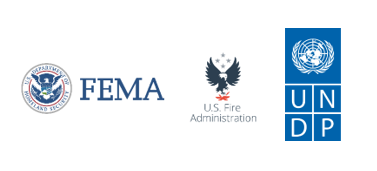
EP&R activities are implemented by World Bank teams worldwide, and the EP&R Thematic Area also focuses on building partnerships with international EP&R partners. Over the years, this has materialized with stronger ties and collaboration with organizations such as the Federal Emergency Management Agency (FEMA) and the United States Fire Administration (FEMA), the United Nations Development Program (UNDP), and many other national-level EP&R institutions, Ministries or Agencies.
Knowledge Products & Resources
- Ready2Respond Diagnostic Report for Cabo Verde
- Ready2Respond Diagnostic Reports for the Western Balkans: Albania, Bosnia and Herzegovina, Kosovo, Montenegro, and Serbia.
- Brief - Crisis Preparedness Gap Analysis (CPGA)
- CPGAs: Bhutan, Maldives, Nepal, Pakistan, Tajikistan, Uganda
- What is Ready2Respond (R2R)?
- Recognizing the need to develop a strong shelter management framework: Interview with Ms. Michelle Forbes, Director of National Emergency Management Organization in St. Vincent and the Grenadines
- Supporting EP&R efforts in Saint Vincent and the Grenadines following the 2021 La Soufriere volcanic eruption.
- South Asia Emergency Operation Center Workshop
- GFDRR Results in Resilience story - Saint Vincent and the Grenadines – Supporting Recovery and Resilience
- GFDRR Results in Resilience story - Enhancing disaster preparedness in Haiti
- GFDRR Results in Resilience story - Upgrading Caribbean Disaster Preparedness and Response Capacities
- Feature Story – Enabling Inclusive Emergency Preparedness and Response in Romania
- Feature Story – Haiti “Let us be more and more prepared”
- Feature Story – Sharing and mobilizing knowledge for a more resilient Jordan
- Feature Story - Sharing Japanese Expertise in EP&R Systems at national and local levels
- Blog – The Philippines is “Ready to Rebuild” in the aftermath of Typhoon Rai
- Blog – Saint Vincent and the Grenadines: The critical role of emergency operations centers in saving lives when disasters strike
- Feature Story – Global Collaboration in Emergency Preparedness: Insights from UR24 in Himeji, Japan
- Feature Story - Enhancing Capacities to Address Complex Fire Emergencies
- Feature Story - Ready Before the Storm: How Countries Are Strengthening Emergency Preparedness
Login instructions for the below e-learning can be found here.

Watch the Emergency Preparedness and Response videos playlist on YouTube

